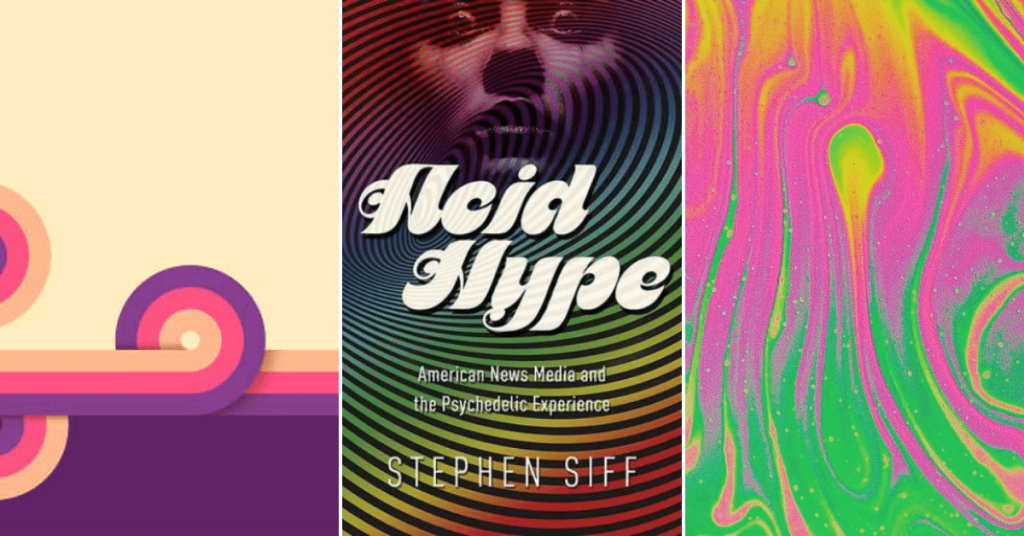Greater sexual risk-taking in female and male recreational MDMA/ecstasy users compared with alcohol drinkers: a questionnaire study
Abstract
AIMS: Previous studies have shown increased sexual risk-taking in experienced MDMA/ecstasy users. The main objectives of this study were to compare levels of sexual risk-taking between a young student sample of predominantly heterosexual MDMA users and alcohol-drinker controls and investigate potential gender differences.
METHODS: Recreational drug use and sexual risk questionnaires were completed by 20 MDMA users (10 females, 10 males) and 20 non-user controls (10 females, 10 males). They were predominantly university students, aged between 20-22 years, mainly heterosexual (n = 37), with three bisexual participants.
RESULTS: MDMA users displayed significantly greater levels of sexual risk-taking than the alcohol-drinker controls. It involved significantly higher rates of casual sex, non-condom use during sex, and penetrative sexual risks. This increase in sexual riskiness occurred to a similar extent in males and females.
CONCLUSIONS: These findings indicate that both female and male ecstasy/MDMA users reported more risky sexual behaviours, than the non-user controls. Further research into the sexual behaviour and sexual risk-taking of heterosexual MDMA users should be conducted because much of the past literature has focused on homosexual participants.
May, A. L., & Parrott, A. C. (2015). Greater sexual risk‐taking in female and male recreational MDMA/ecstasy users compared with alcohol drinkers: a questionnaire study. Human Psychopharmacology: Clinical and Experimental, 30(4), 272-275. http://dx.doi.org/10.1002/hup.2432

